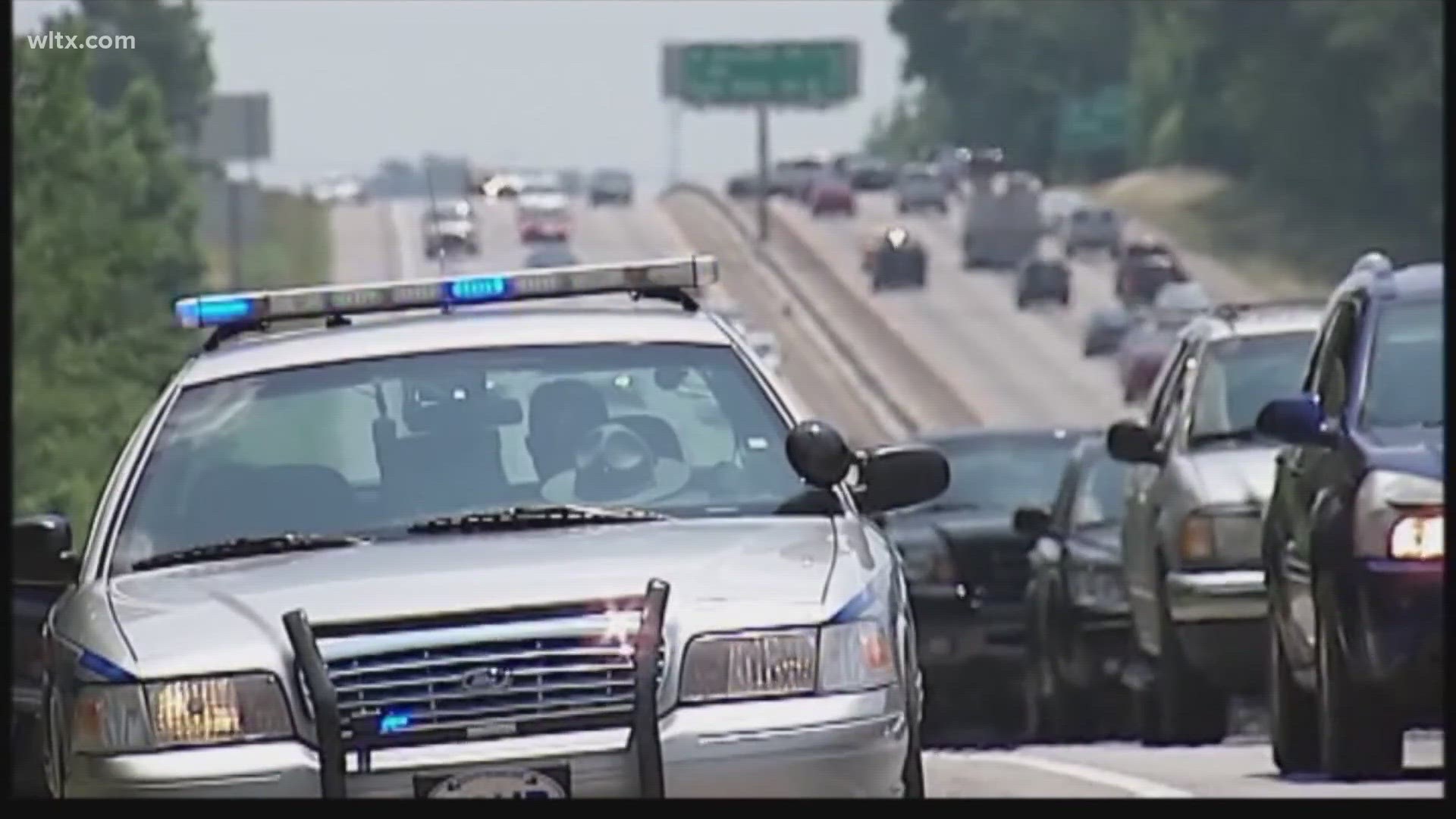COLUMBIA, S.C. — A bill that would put a lock on the vehicles of more drunk driving offenders is one step closer to becoming law.
Since 2014, ignition interlock devices have been required for repeat driving under the influence (DUI) offenders or those whose blood alcohol content (BAC) was near twice the legal limit.
The device, which the driver must blow into, prevents the vehicle from starting if the driver is intoxicated.
A proposal by Sen. Brad Hutto (D-Orangeburg) would expand the requirement to all first DUI convictions and pre-convictions.
“We know that last year in South Carolina, 22,000 people tried to start their car with alcohol in their system and the device worked and stopped the car from starting," said Hutto.
It's known as "Emma's Law," named after Emma Longstreet, a 6-year-old killed in 2012 by a drunk driver as her family drove to church in Lexington.
Advocates like Kimberly Cockrell with Mothers Against Drunk Driving (MADD) have been fighting for years to require everybody convicted of a DUI to use the devices.
“The main thing it's going to do is make our streets and our roadways safer," said Cockrell.
Cockrell said the state's DUI laws allow defendants charged with drunk driving to get back on the road within days.
“I do know that the state of South Carolina – we rank eighth in the nation for deaths on our roadways due to DUIs," she said. "Eighth - we’re 23rd in population."
Some who oppose the bill said it violates a person's due process rights, but Hutto said people charged with a DUI have usually driven drunk many times before.
“If everyone just used good judgment, no one would even have to worry about getting these devices in their car," Hutto said. "But if you do, it will stop you from making a bad decision."
According to Hutto, the devices would cost offenders $600. If someone can't afford to pay, he said they can get financial help from the state's probation agency.
Cockrell hopes the bill will prevent tragedies like what happened in Folly Beach last week when a drunk driver killed a newlywed just hours after she said her vows.
"That case has brought everything front and center again and it's hard to look away from," said Cockrell.
The bill needs one more reading in the Senate before it heads to the Governor's desk.
Thirty-five other states have this law on the books.

